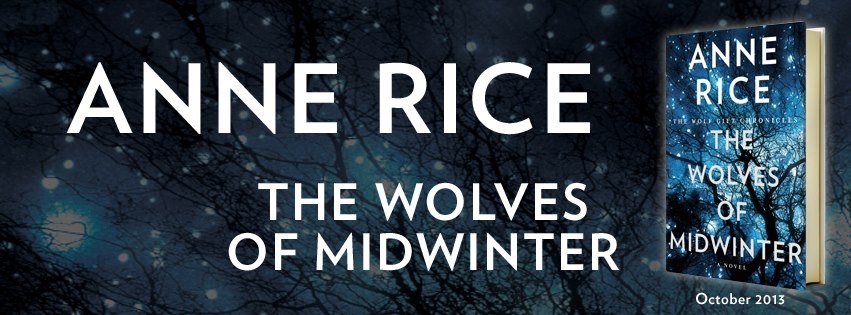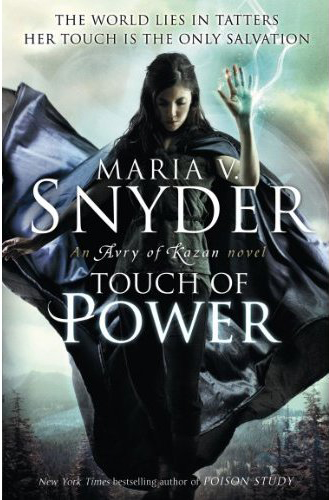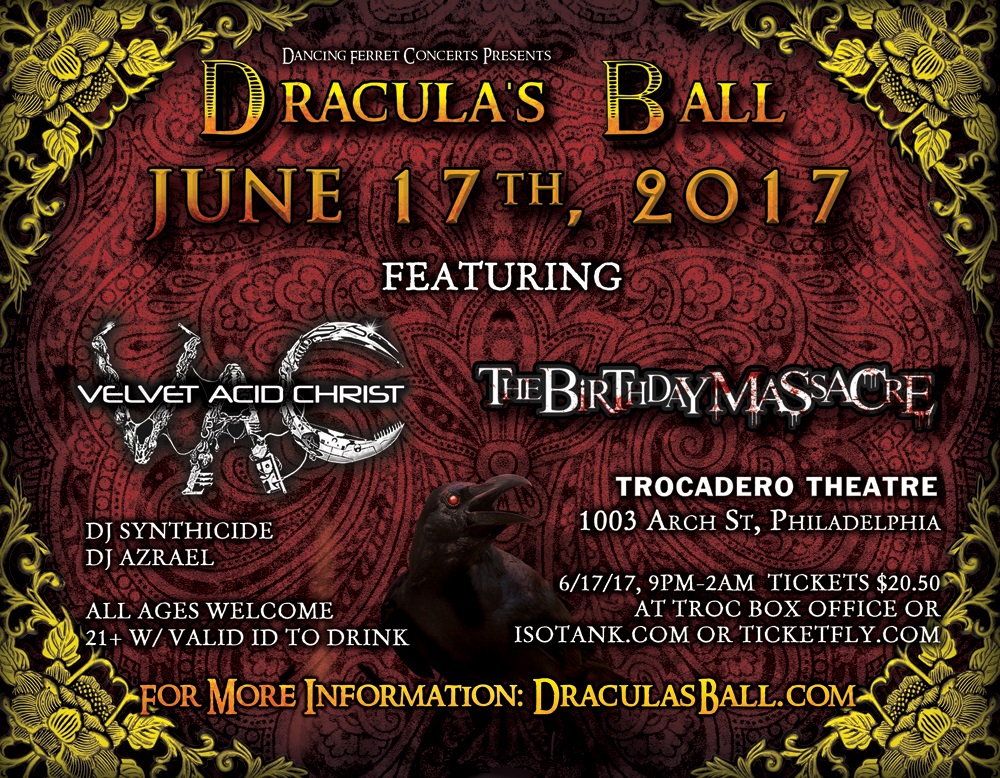
"The Wolf Gift Countdown ":Interview with Anne Rice"
1. One of my favorite elements of your stories has always been your ability to humanize creatures that have always been dehumanized, or were seen as aberrations in the eyes of civilization. It was refreshing, for me, to see immortals that aspired to find answers to existential questions. From your hints about "Wolf Gift, on your Facebook, I know you won't be offering us a werewolf that wakes up, after being a werewolf for the evening, to find that he unthinkably massacred dozens of people.What sparked this conscious decision to deviate from the generic, tormented werewolf who inadvertently kills people when going into one of his werewolf (drunken) rages?
Anne Rice:"You know there is a pattern to my fiction, no matter what the subject. I am always interested in the hero, whether it is Jesus Christ, or the vampire, or the mummy, or the witch. I want to get into the mind and heart of the outsider, and the supernatural hero is the ultimate outsider. So of course I have little interest in the old idea of the werewolf as some one who has no consciousness of his bestial nature and is destined only for release through the silver bullet. I naturally have gone into the mind of a werewolf who is fully conscious during his transformation and knows what he is doing as he experiences his new and wondrous animalian strength and instincts. It is inevitably for Reuben a sensuous experience. As my vampire fiction explored the "freedom" and heightened senses of the vampire, The Wolf Gift explores the same for hero, Reuben Golding, who discovers that he can use his powers, in fact, must use his powers to intervene for the innocent and against the violent and the guilty. Yet Reuben, in the wolfen state, is still an immensely powerful and effective killer and destroyer. He finds himself doing things which ordinary human beings cannot justify doing. The subject is as always for me the matter of good and evil, and the strange mix of good and evil in each of us, and in all of us."
2. Another thing that intrigued me was the novel's promise of a "nostalgic" return to San Francisco where we were first introduced to Louis. I know a lot of your older fans, in particular, are very overjoyed by this. Is "The Wolf Gift's" setting a turn down memory lane for you as well?
Anne Rice: "It was time for me to revisit San Francisco and northern California. I was ready. It took me years after leaving the south to actually write about the south. And it has taken me years after leaving the Bay Area to have the distance to write about it. I found myself walking the streets of San Francisco and Mill Valley, and the paths of Muir Woods with great pleasure. I just loved once again roaming the Mendocino Coast with its chill winds and gray skies, and pounding surf. The whole northern California landscape came alive for me in a new and vivid way in the Wolf Gift. I have since gone north to visited all the sites of the Wolf Gift, and loved it. This is after all a landscape I knew and loved for 30 years, and it was inevitable that I would write about it, especially after my cathartic southern years. Reuben is a child of San Francisco, one of the greatest and most cosmopolitan cities in the country, and a city whose beauty rivals that of New Orleans. I feel so grateful that I have spent so much of my life in these two unique places. Maybe I had to return to the south, and write about it in many novels, before I could be free to really engage with northern California. It all feels wonderful to me now, writing of North Beach restaurants, and San Francisco's splendid nighttime skyline, and the roads of the Wine Country and the Redwood forests."
3.This is probably far too early to ask this, but could you see this novel as possibly becoming the first book of the"Werewolf Chronicles?" Or, is this novel pretty self-contained?
Anne Rice: "Yes, the Wolf Gift could certainly be the first novel of a series. Yes. One never knows. But the characters are so alive for me, and there is so much more to say there, and so much more to tell. The cast is very busy in my mind right now. However the Wolf Gift as written, I hope, is a fully realized novel. Reuben's quest has its climax in the book, and that matters very much to me. In the past, I've written what I thought were fully realized novels with cliff hanger endings, and it always disappointed me when people focused less on the climax and more on the cliffhanger. So I avoided the cliff hanger ending here, in the hopes that readers would see the more fully realized elements of the story. But...yes, it could be the beginning of a series about Reuben and his "kind."
Thanks Anne Rice again for your receptiveness, and for answering these questions with detailed answers!!

















